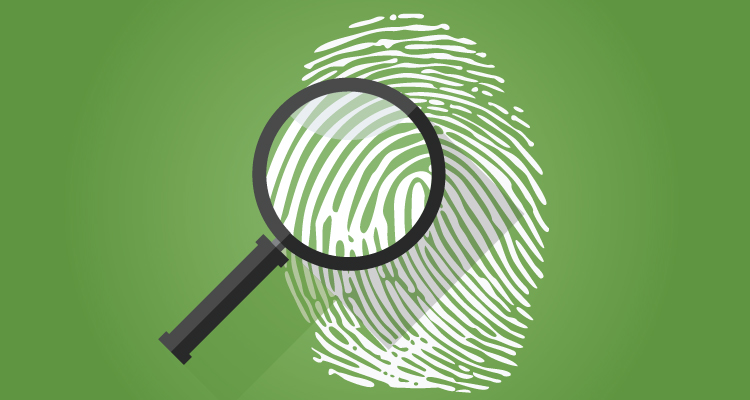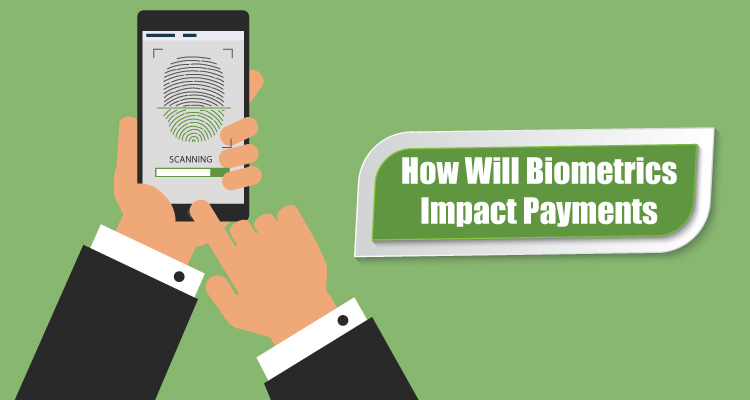Biometrics and authentication are two of the most discussed topics in the world of mobile payments. This interest is due to technology like Apple’s Touch ID. According to research commissioned by Visa and Populas in 2016, two-thirds of Europeans are ready to use biometrics for secure payments. Business Insider predicts 99% of U.S. smartphones will be biometrics-enabled by 2021.
In the search for greater security, this technology has raised the excitement level about what’s possible for stopping hackers in their tracks. “Biometric identification and verification has created a great deal of excitement in the payments space. It offers an opportunity to streamline and improve the customer experience,” said Jonathan Vaux, Executive Director of Innovation Partnerships at Visa Europe. “Our research shows that biometrics is increasingly recognized as a trusted form of authentication as people become more familiar with using these capabilities on their devices.”
Table of Contents
ToggleAcceptance Challenges
Yet, challenges remain. One of these is the potential for a false positive or false negative during the authentication process. Unlike a PIN, biometrics is not a binary measurement. Instead, it’s based on the probability of a match. By linking it to other factors, such as the device, geolocation technologies, or another authentication method, this challenge can be overcome.

An Overview of Biometrics and Authentication
To understand the impact this technology is having, it’s important to first understand what it does. Biometrics is technology and scientific authentication based on biology that’s used for security purposes. It can replace ID cards, PINs, passwords, or tokens. Examples include digital fingerprinting, facial identification, voice recognition, and iris technology.
For example, before a credit card transaction is authorized, biometric authentication can be used to authenticate identity. Transactions are verified by comparing an image against what’s in a database. For example, fingerprint or facial recognition software can ensure that the right person is making the purchase. Online businesses can also use biometrics for their card-not-present transactions to reduce the risk of fraud.
Impact on Payments
With this type of capability, it’s no wonder why biometric technology is shaping the future of payments. Your body is your password. “People choose convenience over security,” Mikhail Gofman, Professor at California State University, Fullerton, and an expert on multimodal biometrics, told TechCrunch. “People are relieved of the responsibility of designing and remembering a strong password — you don’t have to remember your fingerprint, it’s a part of who you are.”
There also appears to be a positive impact on payments outside of the U.S. and Europe. Acceptance is growing in Asia and Latin America where transaction security has been a long-standing issue. With proof that biometric technology can reduce the risk of fraudulent transactions, more global transactions are being made. This impact on payments also helps small businesses in these other countries to now compete within the global business environment and leverage online opportunities.
Measurable Benefits
The impact can also be felt in the number of benefits that biometric technology offers:
- Makes transactions secure. While there are some concerns, biometrics is intrinsically secure. No one has the same fingerprint, eyes, ears, voice, heartbeat, or behaviors. The security that biometrics provides could finally give customers some peace of mind to adopt mobile payments for their transactions.
- Simplifies transactions. “Online payments are always a big headache. You forget your password…you worry about security,” said Alibaba founder Jack Ma. Alipay’s “Smile To Pay”allows users to complete a transaction by just smiling or nodding. MasterCard unveiled its “Selfie” payment technology where customers take a selfie to verify their identity for payment. This can speed up transactions over having to enter a password or insert a chip into EMV terminal.
As more businesses enjoy these advantages, adoption is set to grow rapidly, especially in light of all the ongoing security breaches and fraudulent transactions that continue to plague the payments industry.
Biometrics Set to Grow Further
Biometric technology will continue to grow in use as more businesses seek additional layers of security for their online transactions.














